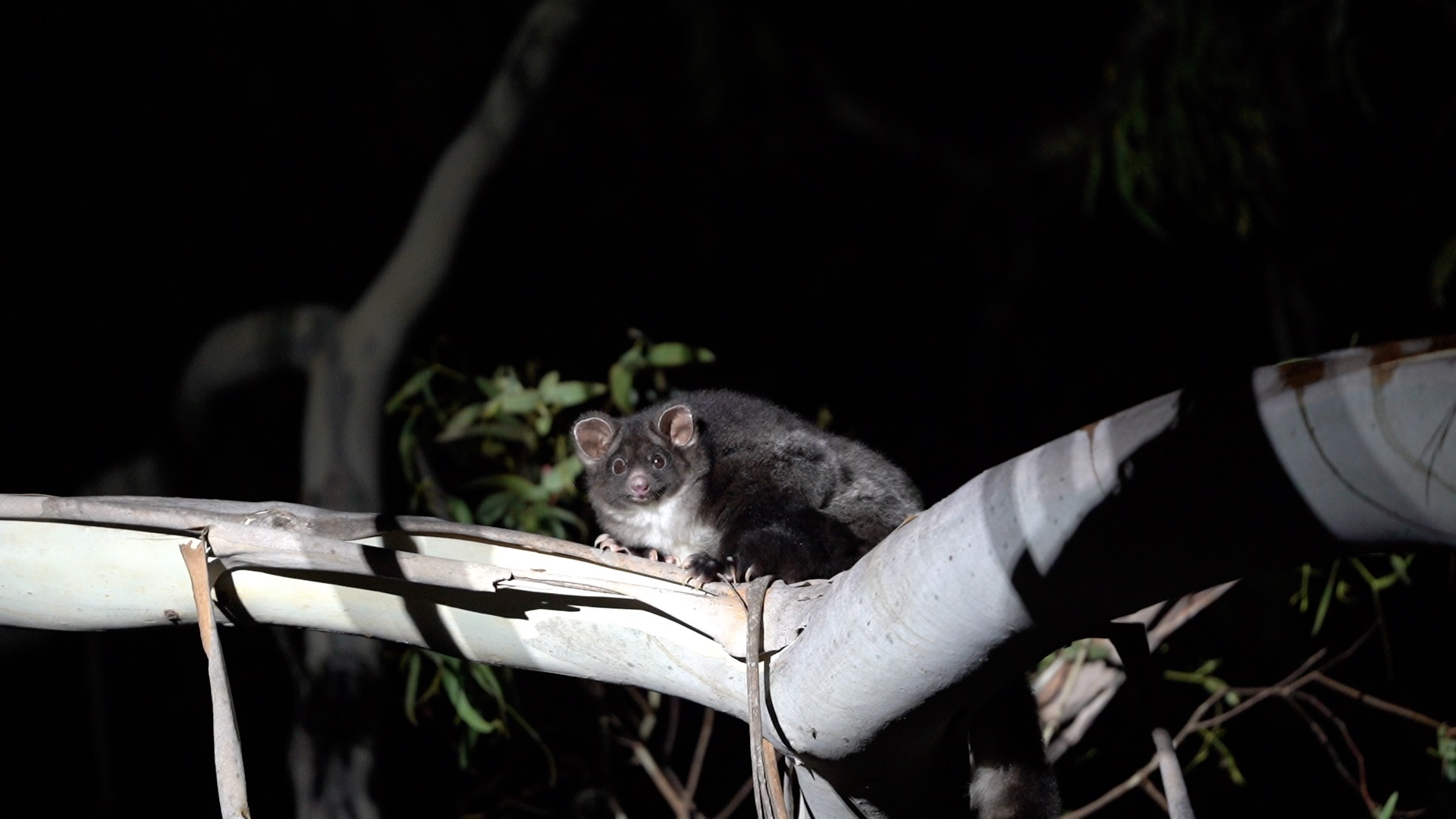Find out more about our work on federal environment reforms, the recent victory in protecting whale sharks, an update on our partner projects and lots more.
A report released today by the NSW Government has warned that turtle entanglements in shark nets could increase as waters continue to warm due to the climate crisis. Alarmingly, during last summer’s shark net season, an endangered marine turtle was caught every 6 days.
Today’s report blames changing environmental conditions and ocean warming for the increase in turtle entanglements. ‘Trigger points’ for entangled animals were tripped for two species of threatened marine turtle, with 19 green and 16 leatherback caught in the nets, killing 14 and 5 respectively. Even turtles released alive are not guaranteed to survive, as many die later of injuries, stress and exhaustion.
The report explains that the combination of increased sea temperature and record rains causing run-off led to the high numbers of entangled turtles. With the climate crisis causing waters to continue to warm, and with an approaching El Niño, the turtle entanglement figures are expected to increase.
The Government recommends an updated management plan include provisions that allow for a shark net to be removed during certain ocean conditions that cause turtle entanglements to become more likely. It also recommends the tagging of released turtles and the use of LED lights on shark nets to deter turtles.
There is also serious concern over the continued high catch of grey nurse sharks – with 14 more of the highly endangered animals caught last season even though they are not considered a threat to humans.
“The New South Wales public does not want to see turtles entangled and drowning on our beaches and our organisations are concerned that only minor modifications to the shark nets will not put a stop to it. The obvious solution is to pull out the shark nets altogether. Replacement technology to protect swimmers is now in place at our beaches and it is much more effective than the nets have ever been. We can be confident that the shark nets can be retired without an increased risk to swimmers. It is high time we stopped the unacceptable risk of injury, trauma and death to turtles and other marine animals,” said Lawrence Chlebeck, marine biologist with Humane Society International.
“NSW have invested tens of millions of dollars into effective modern technologies that do work to prevent the risk of shark bite to humans such as drone surveillance and listening stations. Removing nets during wild weather, and using LEDs is fiddling around the edges when it comes to human safety – NSW Government must use what’s evidence-based and get the nets out now,” said Dr Leonardo Guida of Australian Marine Conservation Society.
Humane Society International and Australian Marine Conservation Society calls for all parties contesting the upcoming NSW state election to commit to plans to phase out the ineffective and archaic shark nets. Solutions that effectively reduce the risk of shark bite are already in use, while nets can attract more sharks to shore by killing marine wildlife.
“A summer without shark nets is a better summer for public safety and marine wildlife”, concluded Mr Chlebeck.


